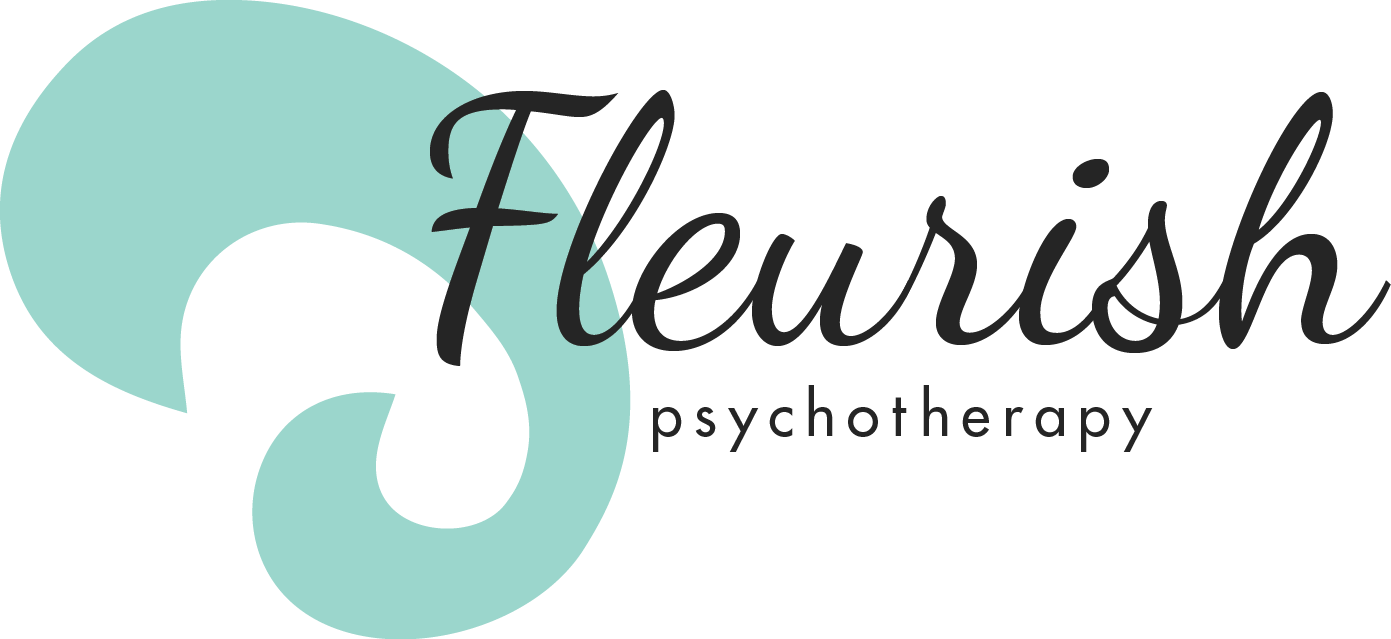

Today, we're going to dive into a topic that affects many people around the world: Post-Traumatic Stress Disorder (PTSD). It's not an easy subject to discuss, but it's crucial to shed light on what it is, how it can impact your life, and most importantly, how you can address it and find your way to healing. So, grab a cup of tea, get cozy, and let's explore this journey together.
It’s important to remember you do not have to navigate trauma by yourself. At Fleurish, our therapists are ready to walk alongside you to find peace and joy.

Is It Trauma?
Okay, so picture this: you've been through or witnessed a traumatic event that has left a deep emotional mark on you. That's where PTSD comes into the picture. It's a mental health condition that can happen to anyone who has experienced something incredibly distressing. It's like your brain's way of responding to the overwhelming stress and trying to cope with it.
PTSD doesn't come with a flashing neon sign, but it does have its own set of symptoms that can give you a clue. Let's take a look at them:
Re-experiencing Symptoms: Ever had vivid flashbacks or nightmares that feel like you're right back in that traumatic moment? It's a common sign.
Avoidance Symptoms: When you start avoiding places, people, or activities that remind you of the trauma, it's your brain's way of protecting itself.
Negative Alterations in Mood and Cognition: Feeling down, blaming yourself, or having trouble focusing and remembering things? These are signs your mind is struggling to process the trauma.
Arousal and Reactivity Symptoms: Are you constantly on edge, easily startled, or find it hard to relax? Your brain is still on high alert, my friend.
Should I Consider Therapy?
It's essential to know that reaching out for help doesn't make you weak. In fact, recognizing the need for support is a sign of strength. So, where do you start?
Identifying the signs: Understanding your symptoms and acknowledging that you might need professional assistance is the first step on your path to healing.
Finding a therapist: Think of it as finding the right travel guide for your journey. Look for a qualified therapist experienced in treating PTSD, someone who can walk alongside you on this path.
Evidence-Based Treatments: There are therapies like Cognitive Behavioral Therapy (CBT) or Eye Movement Desensitization and Reprocessing (EMDR) that have proven to be effective in treating PTSD. Medication can also be considered if necessary.
Will I Need to Take Medication?
The decision to take medication for depression is a personal one, and our counselors don’t actually prescribe antidepressants or other drugs. However, we can refer you to professionals who do prescribe medications if you’re interested in learning more. Our therapists will also talk to your general physician about possible medication options if you prefer to work with a doctor you know.
What Can I Do?
Guess what? You have the power to take care of yourself and contribute to your healing process. Here are a few self-help strategies to consider:
Education and Understanding: Empower yourself by learning about PTSD, its effects, and the recovery journey. Knowledge is key!
Building a Support Network: Surround yourself with people who truly understand and support you. Friends, family, or support groups can provide the love and encouragement you need.
Self-Care and Stress Management: Take a moment to breathe, engage in activities that bring you joy, practice mindfulness, and listen to your body's needs. You deserve it!
Healthy Lifestyle Choices: Fuel your body with nutritious food, get enough restorative sleep, and be mindful of using substances responsibly. Remember, small changes can make a big difference.

Let's Take the First Step of Your Journey Together
Taking the first step to feeling better and living a more meaningful life isn’t easy, but you don’t have to take that step alone. Reach out to the Fleurish Psychotherapy team today, and one of our skilled therapists will take that step with you. When you’re ready, let’s get started.
